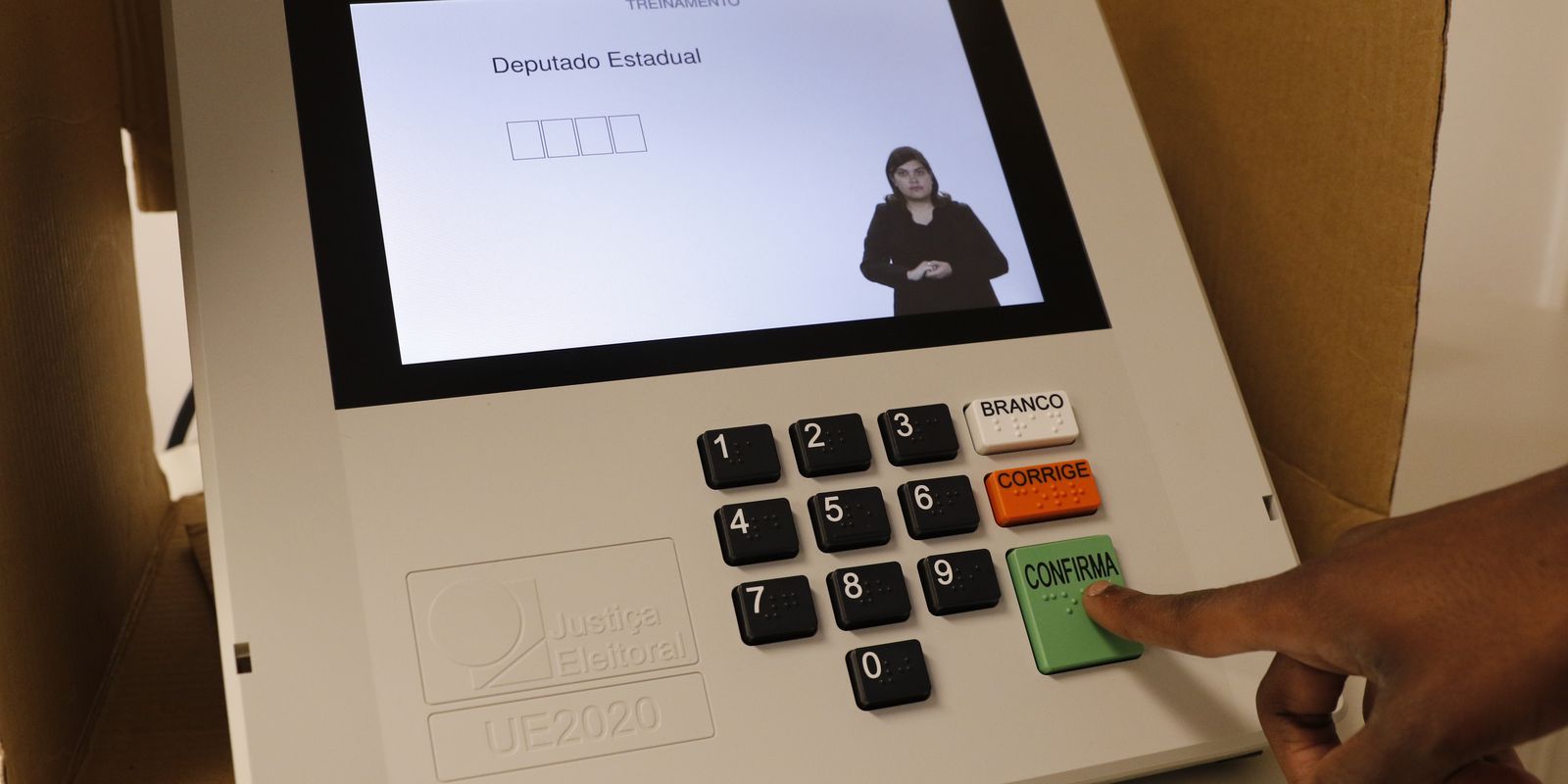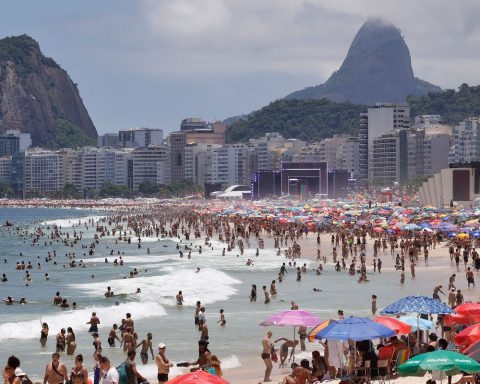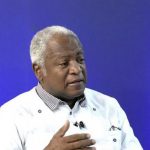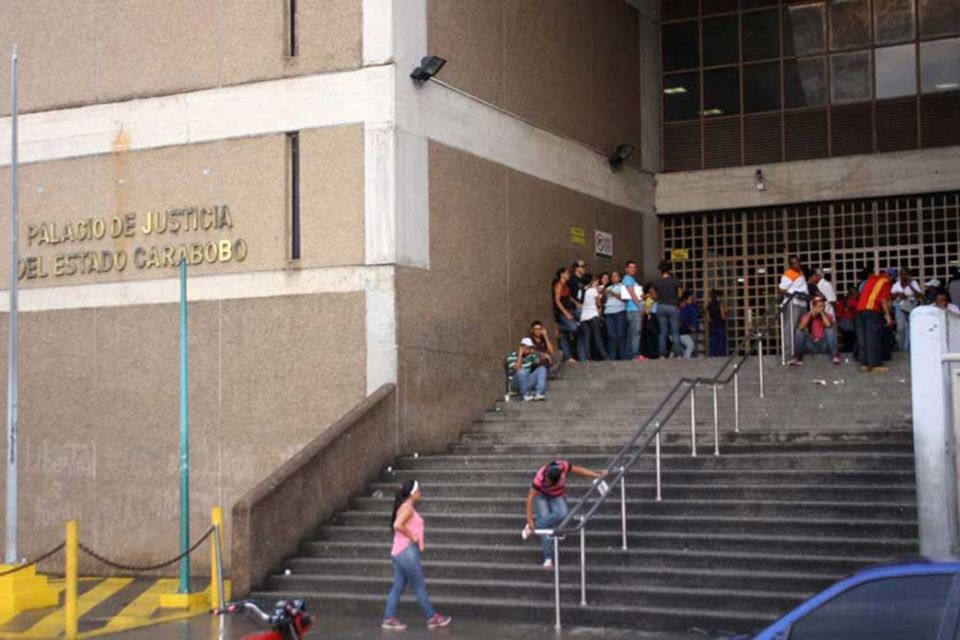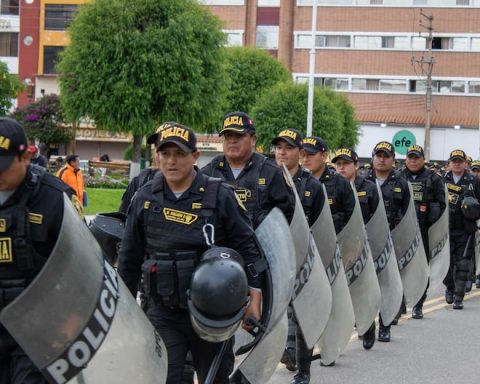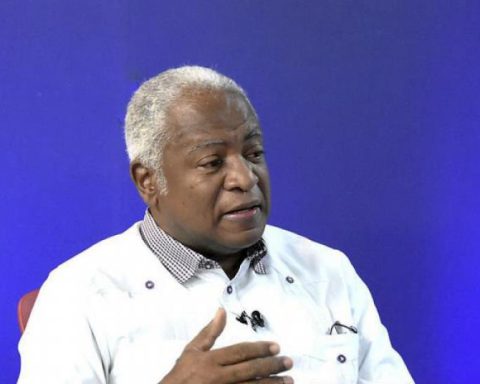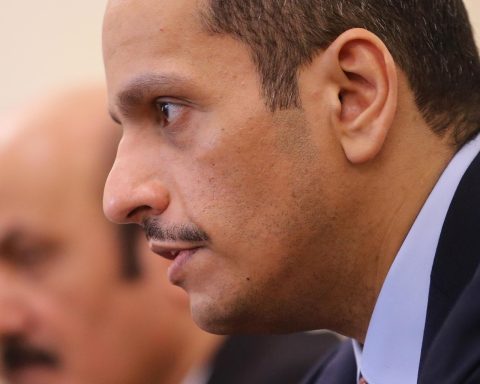In the week before the first round of municipal elections, the debate about ideologies and political positions in Brazilian society once again gains prominence. A DataSenado survey in partnership with Nexus showed that 40% of the population does not identify with any of the traditional left, center or right categories. The pattern remains the same even in the sections by religion, gender, race and sex.
What would explain this result? Political scientist Denilde Oliveira Holzhacker understands that a large part of society is unaware of ideological positions and classifications on the left/right spectrum. And there is a lack of interest in this deepening, due to disbelief in the political system.
“The political debate in Brazil is deconstructed from the perspective of traditional representations, such as parties. It doesn’t mean that people don’t have left or right views. It means that they cannot understand this classification as a way of positioning themselves”, analyzes Denilde, professor at the Escola Superior de Propaganda e Marketing (ESPM).
The tendency in the country, according to the researcher, is to prioritize individuals over collective categories of political identification.
“It has much more to do with this idea of personalizing politics – Bolsonaristas, Lulistas, Brizolistas – than party identification. A greater connection is established with political leaders. Many of them use speeches that have no ideological connection and that themselves may represent the interests of a certain group”, says Denilde.
For political scientist Rafael Machado Madeira, the political parties themselves in Brazil contribute to emptying these categories, as they seek to disassociate themselves from them or omit them. He cites, as an example, right-wing groups that, only recently, with the advance of Bolsonarism, returned to claim the label.
“In Brazil, this has gained strength in the last 30 years, due to a very strong association between the political right and the military dictatorship. It suffered a lot of wear and tear, due to economic performance, especially throughout the 1980s. This made right-wing parties seek to disassociate themselves from the right itself and the military regime”, says Rafael Machado.
Rafael Machado understands that a large part of the population is more concerned with electing someone who can meet the most immediate needs and specific ideological agendas, rather than defending concepts of political theory.
“A large part of the electorate that elected Bolsonaro is the electorate that elected Dilma and Lula twice. Could it be that they were left-wing for four terms and, suddenly, in the following election they decided to turn radical right? No. The issue has always been the agenda that governed each election. In the case of the PT mandates, the economic agenda was the agenda that centralized the electoral debate. If the issue was abortion in 2010, for example, most people would probably vote for José Serra”, says the political scientist.
Regarding the concepts of right and left, the researcher argues that they change depending on political disputes. In other words, they gain meaning according to the historical context. They are also directly influenced by a relational aspect: a given leadership and the ideas it defends are positioned on the political spectrum in comparison to its competitors.
“An example is that of former president Fernando Henrique Cardoso. Until the mid-1990s, he was considered right-wing by much of the press and other political parties. And he didn’t recognize himself that way. If we jump to the 2020s, he starts to be seen more as a centrist. This is because in the last 10 years, Bolsonarism has occupied an empty political space, that of the extreme right. And by occupying it, it pushes the other political actors further to the left than they were previously,” said Rafael, who is a professor in the Postgraduate Program in Sociology and Political Science at the Pontifical Catholic University of Rio Grande do Sul (PUCRS).
